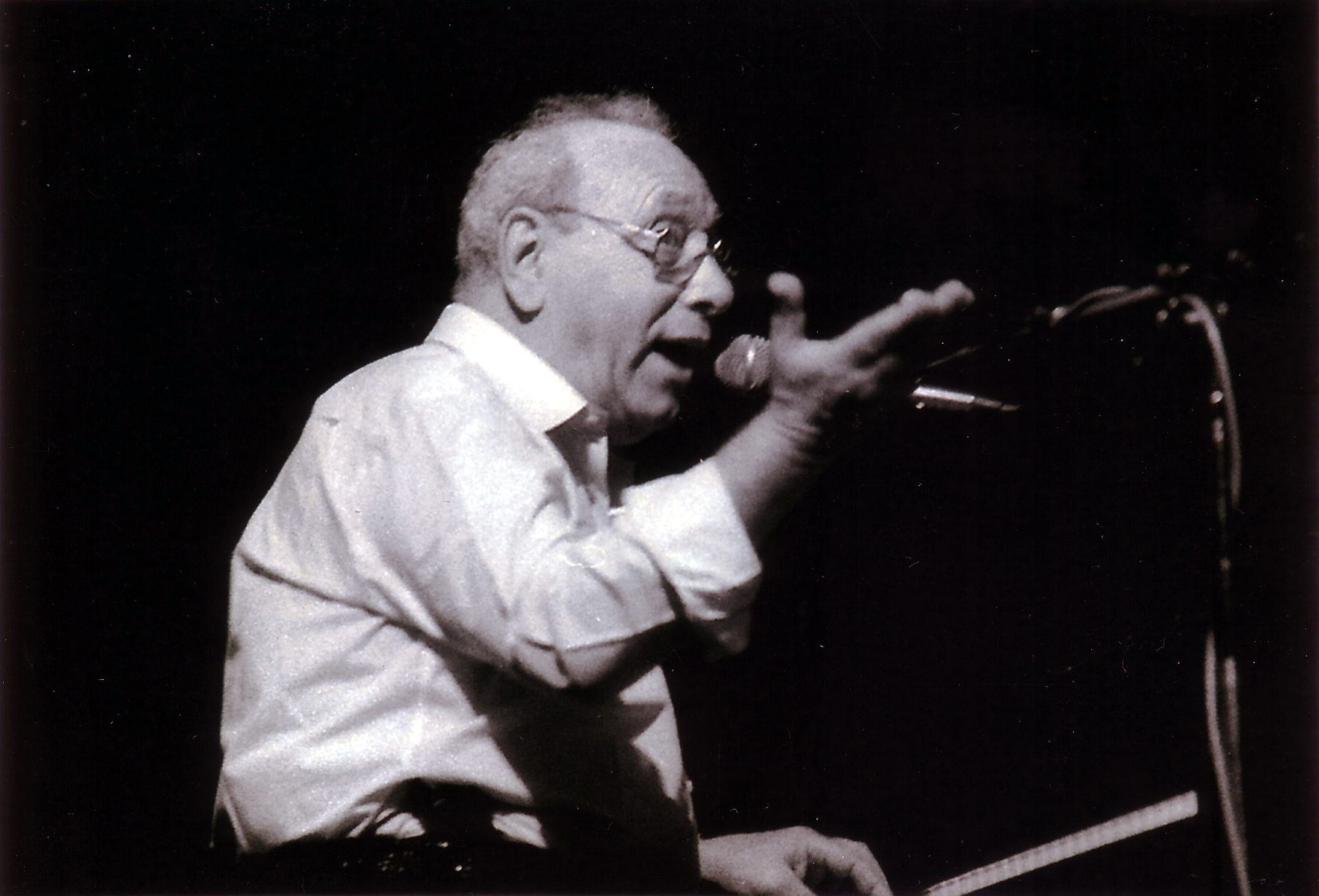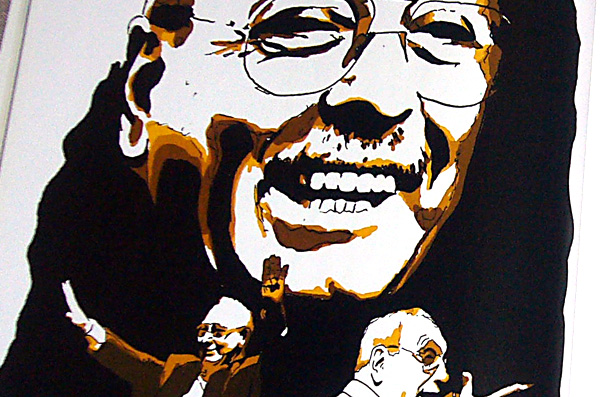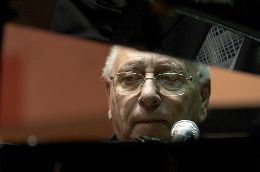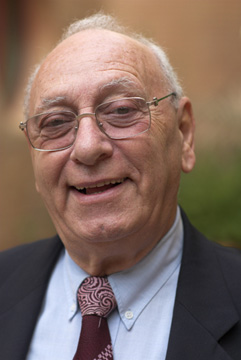
Concerts of the Traveling Pianist
Levontin Club – Maurice played at a hip gathering for world music and jazz lovers and swept his young Israeli fans off their feet. Despite being exhausted, he was still able to play enthusiastically and engage an audience a quarter of his age.
Playing with Andalucian Orchestra – Maurice was invited to play with a famous Israeli orchestra in Ashdod and Tel Aviv. He played North-African Jewish music of his youth alongside Chazans, religious Jewish singers, that brought him back to the days of his childhood in Algeria.
Playing in a Piano Bar – In Tel Aviv, Maurice played in the dark, small ‘Bialik Café,’ named after Israel’s national poet.
Nostalgia in Jerusalem – Maurice played a concert in Jerusalem. Most of the attendees came from Algeria and Morocco, and listened to Maurice’s music in their childhood. It was a family gathering where people embraced each other with warmth to fill the shared emptiness of their lost ancestral land. At the concert, Maurice invited a 20-year-old man to play a duet alongside him. Their sounds harmonized and Maurice willingly passed down a profound musical legacy.
 Festival in Jaffa – Maurice played his classical world music pieces at the ‘Blue’ Festival in Jaffa, where both Arabs and Jews were in attendance. When he started playing Arabic songs, the Arabs congregated to listen. Soon after, the Israelis joined them in dancing and clapping. Maurice is suddenly back at his roots, having again united cultures through his music.
Festival in Jaffa – Maurice played his classical world music pieces at the ‘Blue’ Festival in Jaffa, where both Arabs and Jews were in attendance. When he started playing Arabic songs, the Arabs congregated to listen. Soon after, the Israelis joined them in dancing and clapping. Maurice is suddenly back at his roots, having again united cultures through his music.
The Return to North Africa – At the Andalusian Atlantic music festival in Essaouira in Morocco, Maurice played again in North Africa. His concert, which attracted hundreds of fans and world musicians, allowed him to return to the Jewish and Arab co-existence in North Africa – a paradise he never thought he’d see again.







